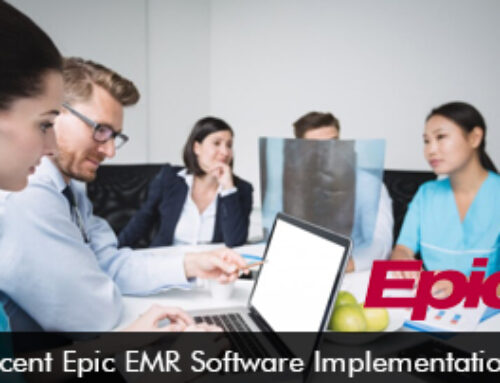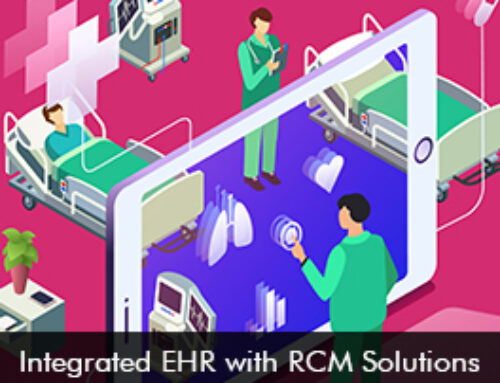Clinical Management primarily focuses on outpatient care. This unique niche demands a top-ranked management software that can handle all the essential activities of both the Administrative and Clinical sides of a healthcare practice.
Administrative Side of Cloud-based Clinical Management software helps in streamlining the workflow of practice by automating appointment scheduling, storing and sorting patients’ database, and medical billing, etc. This reduces no shows and clerical errors improving practice efficiency, patient satisfaction, and insurance reimbursement rate.
Clinical Side of Cloud-based Clinical Management software focuses on improving quality care offered by automating clinical operations through SOAP notes and Templates. They aim to provide helpful insights by showing lab results and history in one glance helping in the decision-making.
Some robust Clinical Management Systems even offer highly integrated
-
Electronic Medical Records (EMR) Software
-
Patient Portal Software
-
Revenue Cycle Management (RCM) Software
-
Practice Management (PM) Software
-
Lab Information Systems (LIS)
-
Practice Analytics Software
Features of Clinical Management EHR Software
Before selecting the right Clinical Management System, it is advisable to learn about all the different features and functionalities of the software. Salient features according to the 2020s Clinical Management System Buyers Guide are listed below:
Automated Medical Billing – Clinical Management System must automate the medical billing and on-time verification of insurance eligibility.
Tracking Claims – Clinical Management System should enable practice with a streamlined Revenue Cycle Management (RCM) and Claim Management process.
Coding – Clinical Management System should offer specialty-specific and updated HCPCS, CPT, and ICD-10 code sets.
Appointment Scheduling – Clinical Appointment Management System must offer customized, color-coded calendars that can help keep track of both patient and doctor schedules.
Automated Reminders – Clinical Reminder Management System should automate reminders and maintain an optimal volume of fixed appointments.
Patient Demographics – Clinical Management System should be able to record and verify patient demographics with all registered insurance providers.
Reporting – Clinical Management System should offer digital and printable clinical reports based on several customizable parameters.
Security Access – Clinical Management System to create different levels of security for each user.
Top 10 Clinical Management System By EMRSystems
From all the Electronic Medical Records (EMR) Software available in the market here are our top picks for your practice:
-
Athenahealth EMR Software
-
PrognoCIS EMR Software
-
Kareo Clinical EMR Software
-
drchrono EMR Software
-
Modernizing Medicine Healthcare IT Suite
-
AdvancedMD EMR Software
-
RXNT EHR Software
-
MDConnection PM Software
-
Intergy EHR Software by Greenway Health
-
Practice EHR Software
Clinical Management Systems available in the market are in hundreds and they provide a lot of features. Based on our conversations with the practitioners and medical officers, most of them find these features (besides a few) as redundant or irrelevant and often perceive them as a marketing gimmick. Our advice is to actually look at your clinical and administrative workflow to determine the aspects of the EHR you need and also consult your provider to ensure that the Clinical Management Software you are choosing only provides relevant features and not more than what you need.






